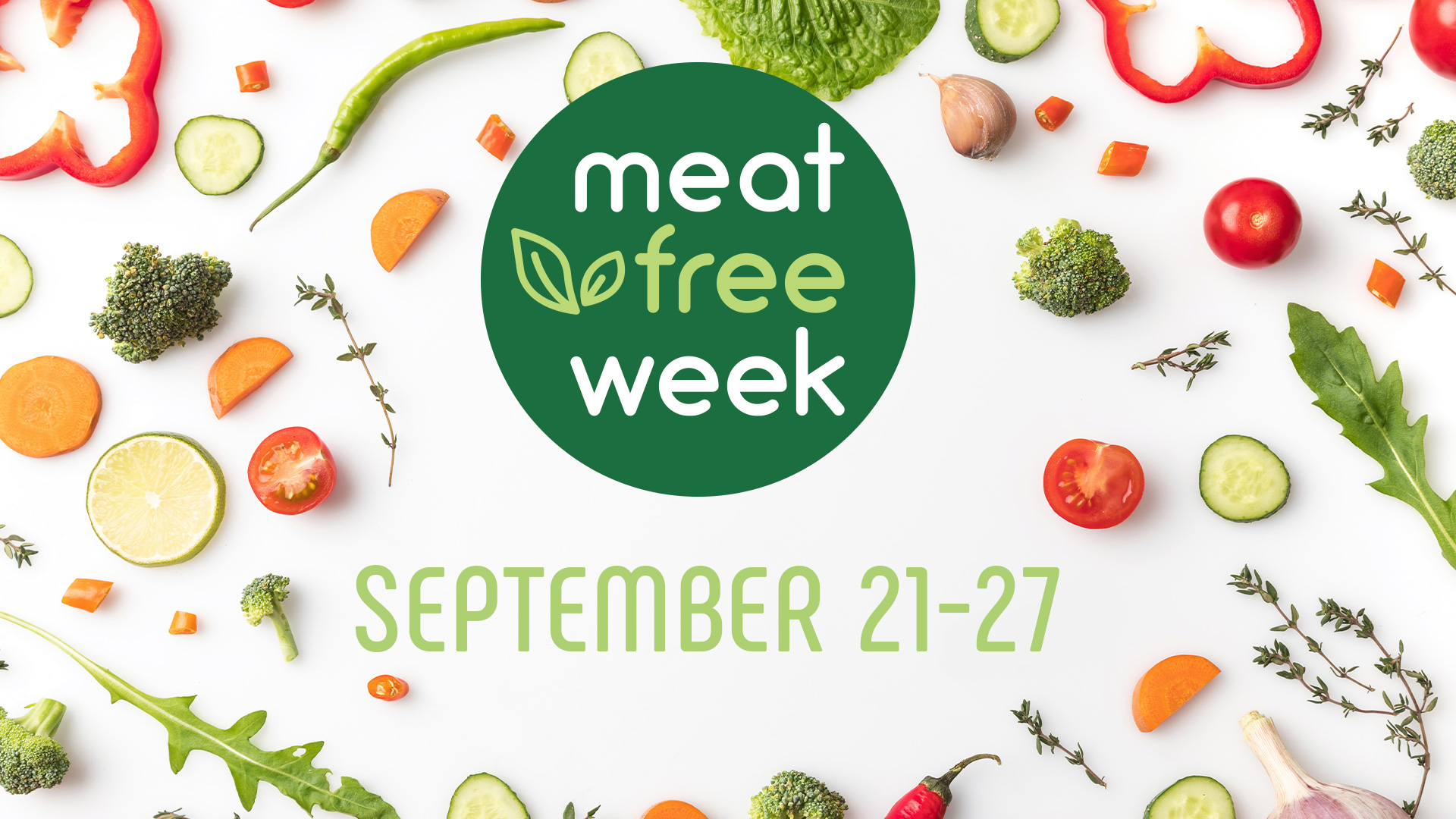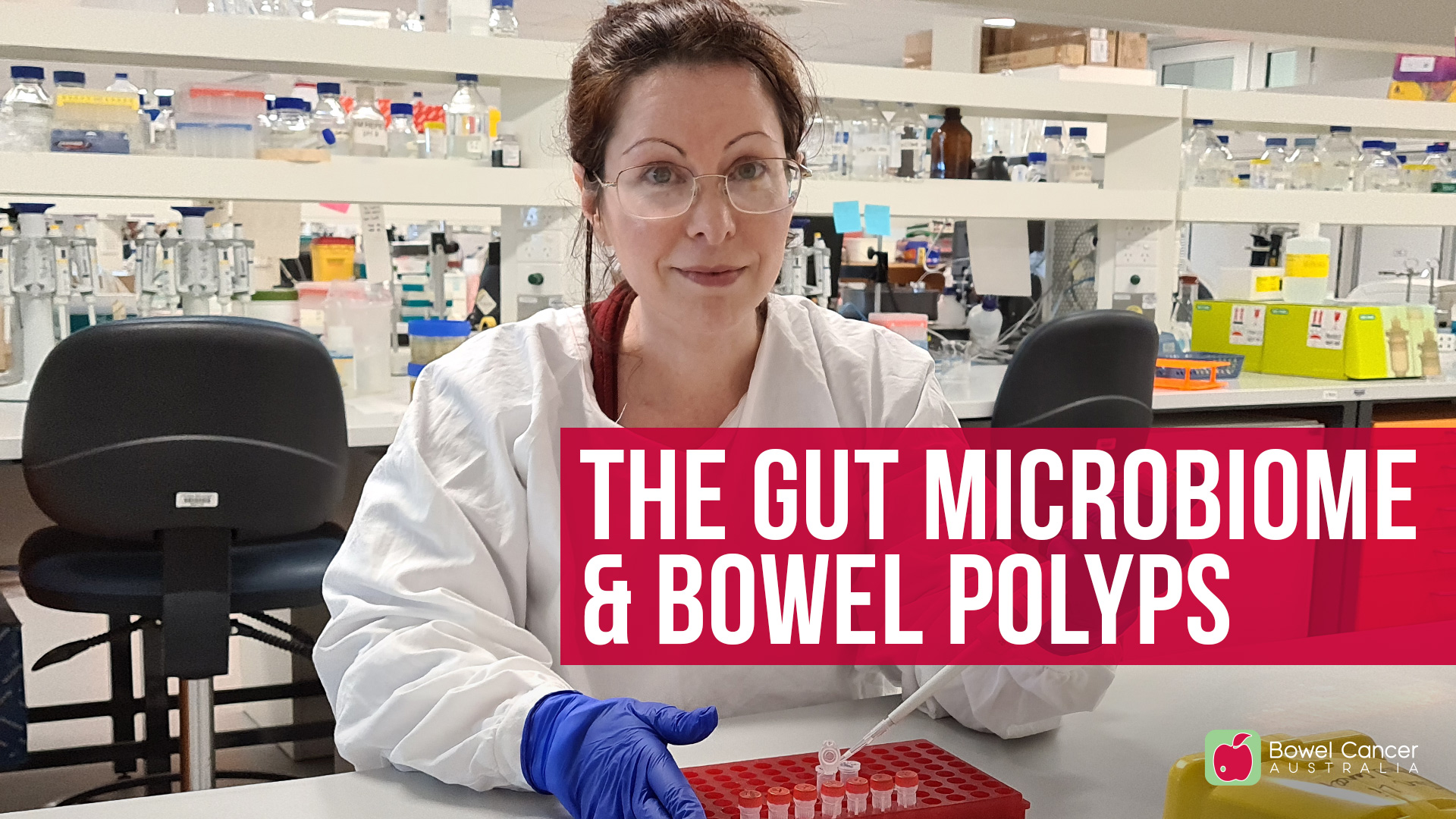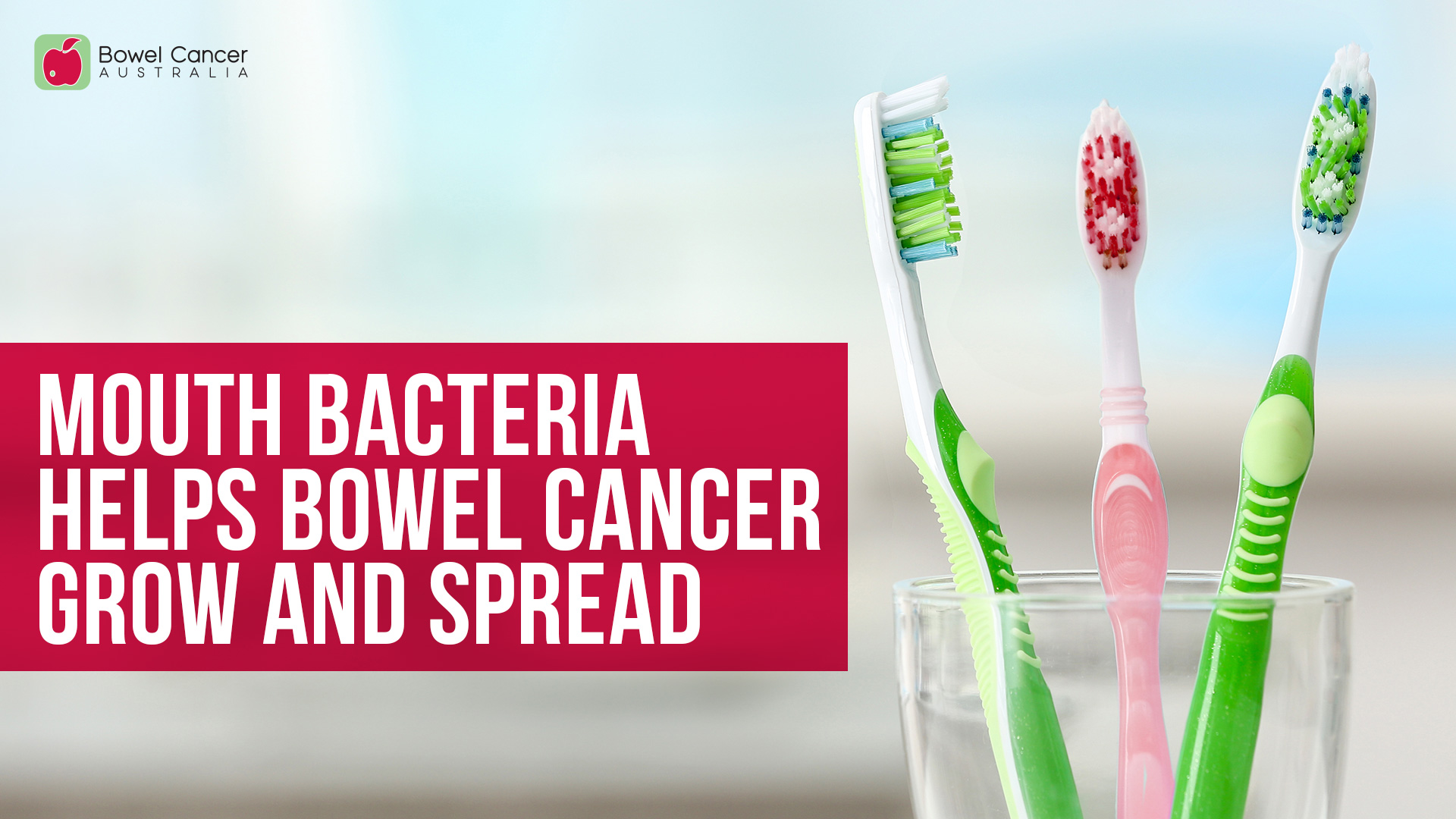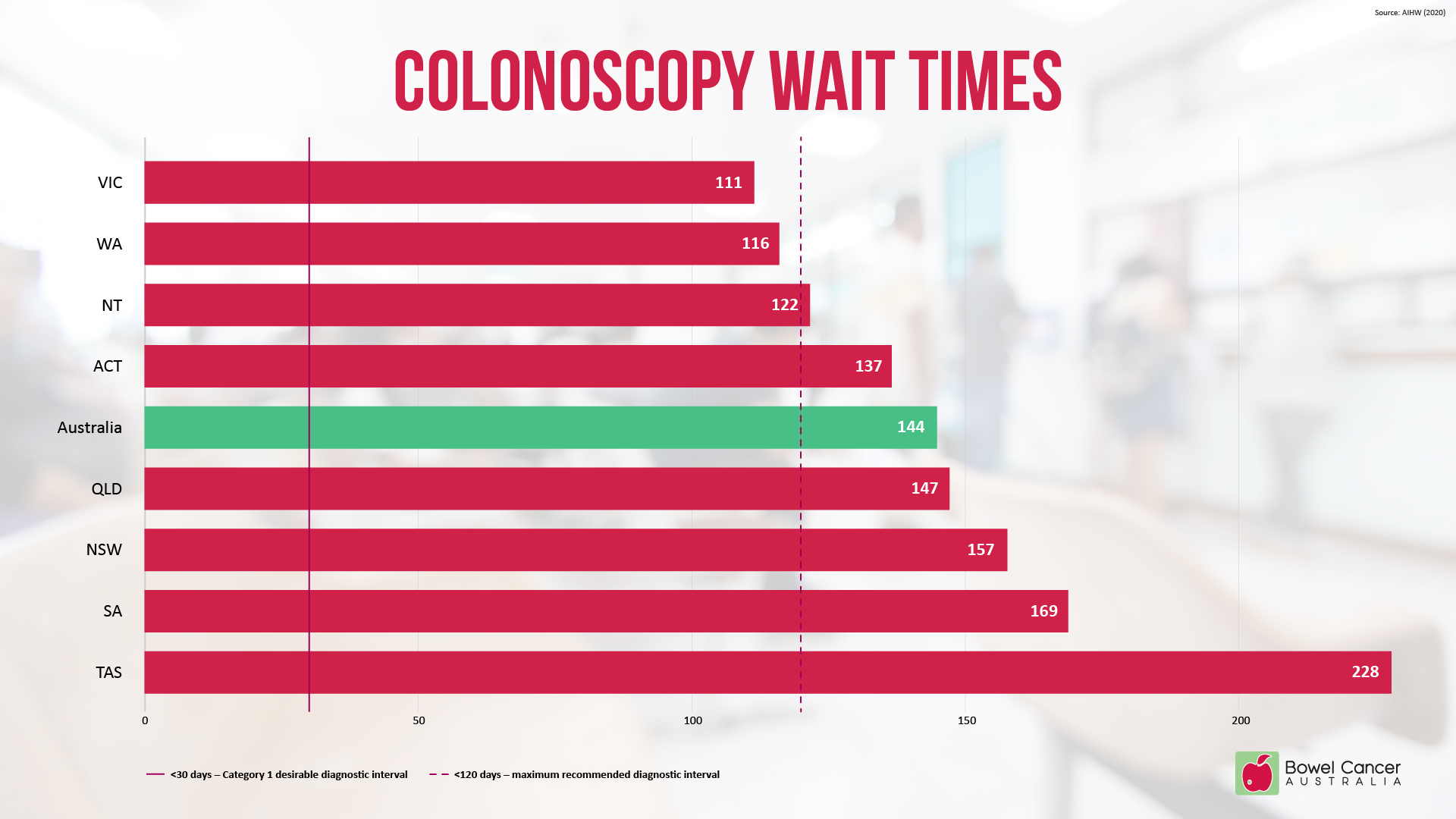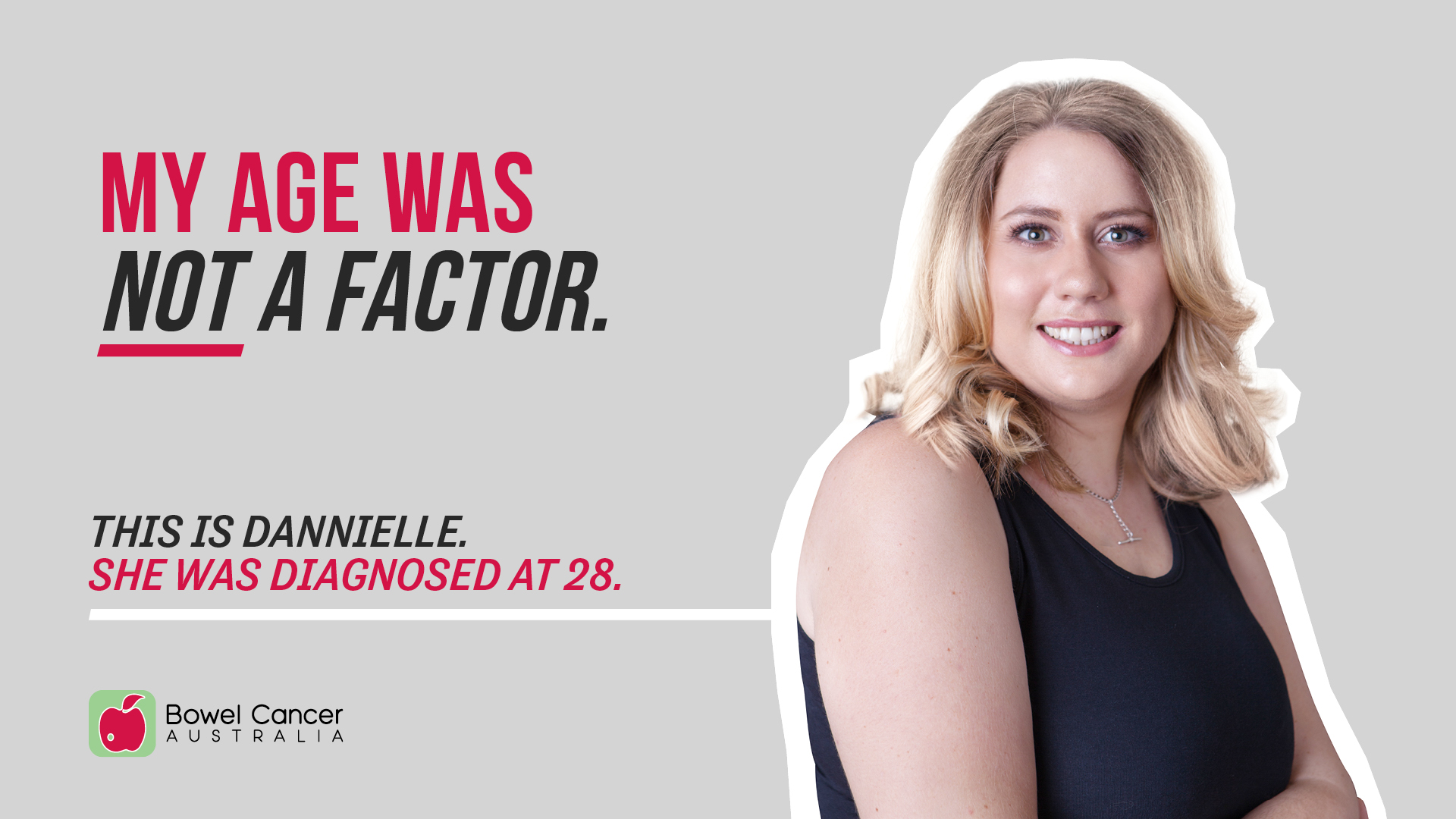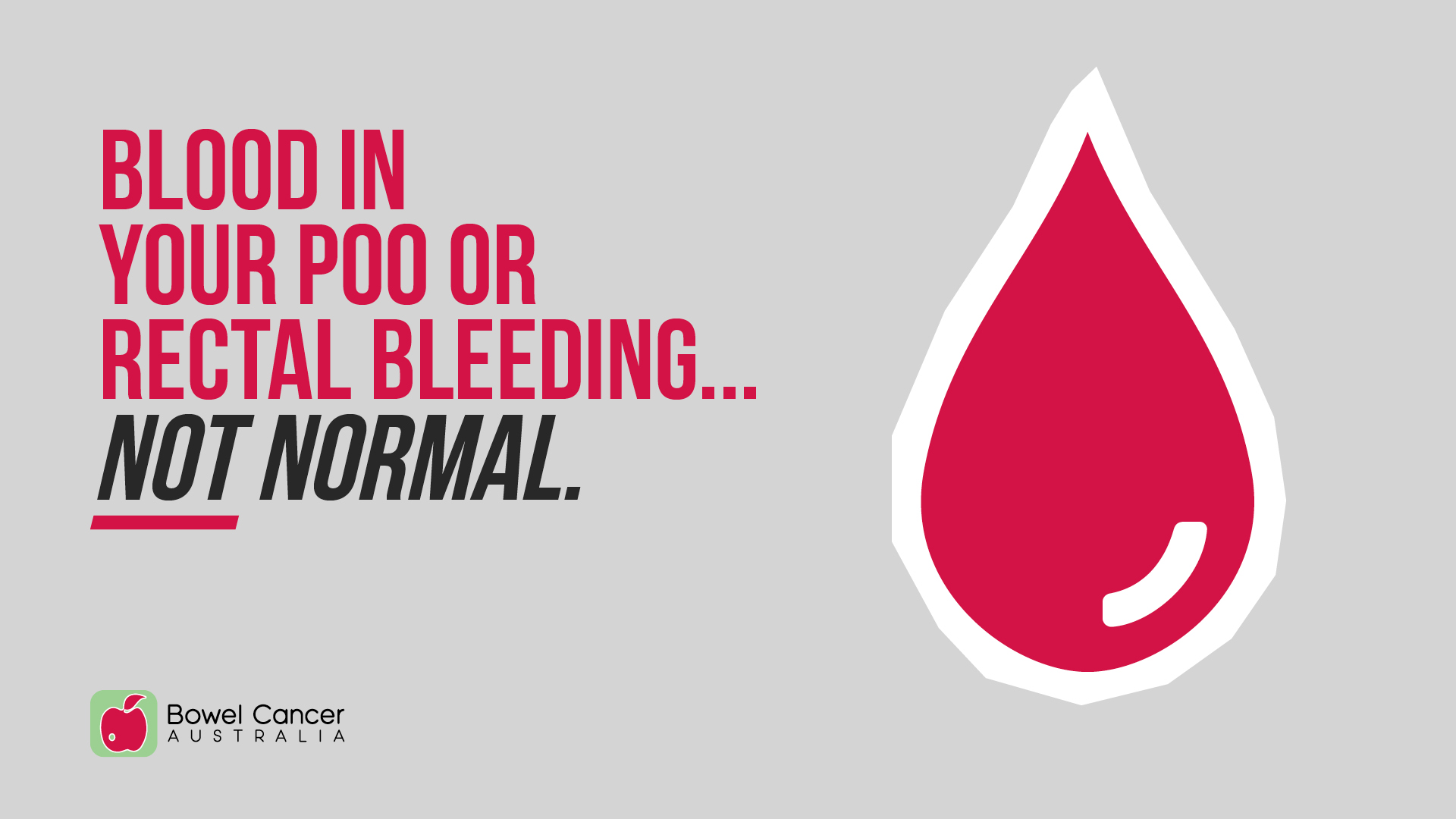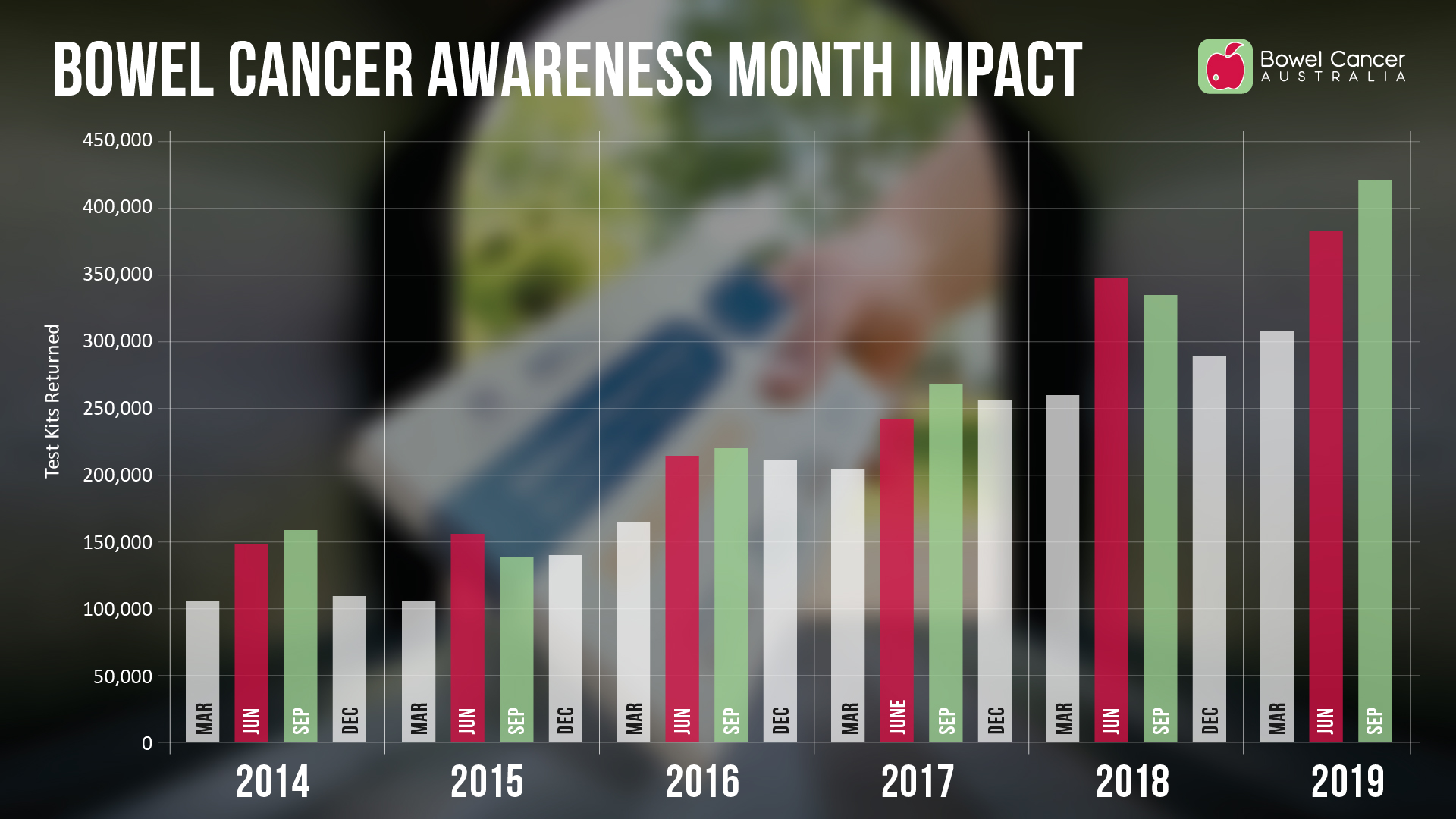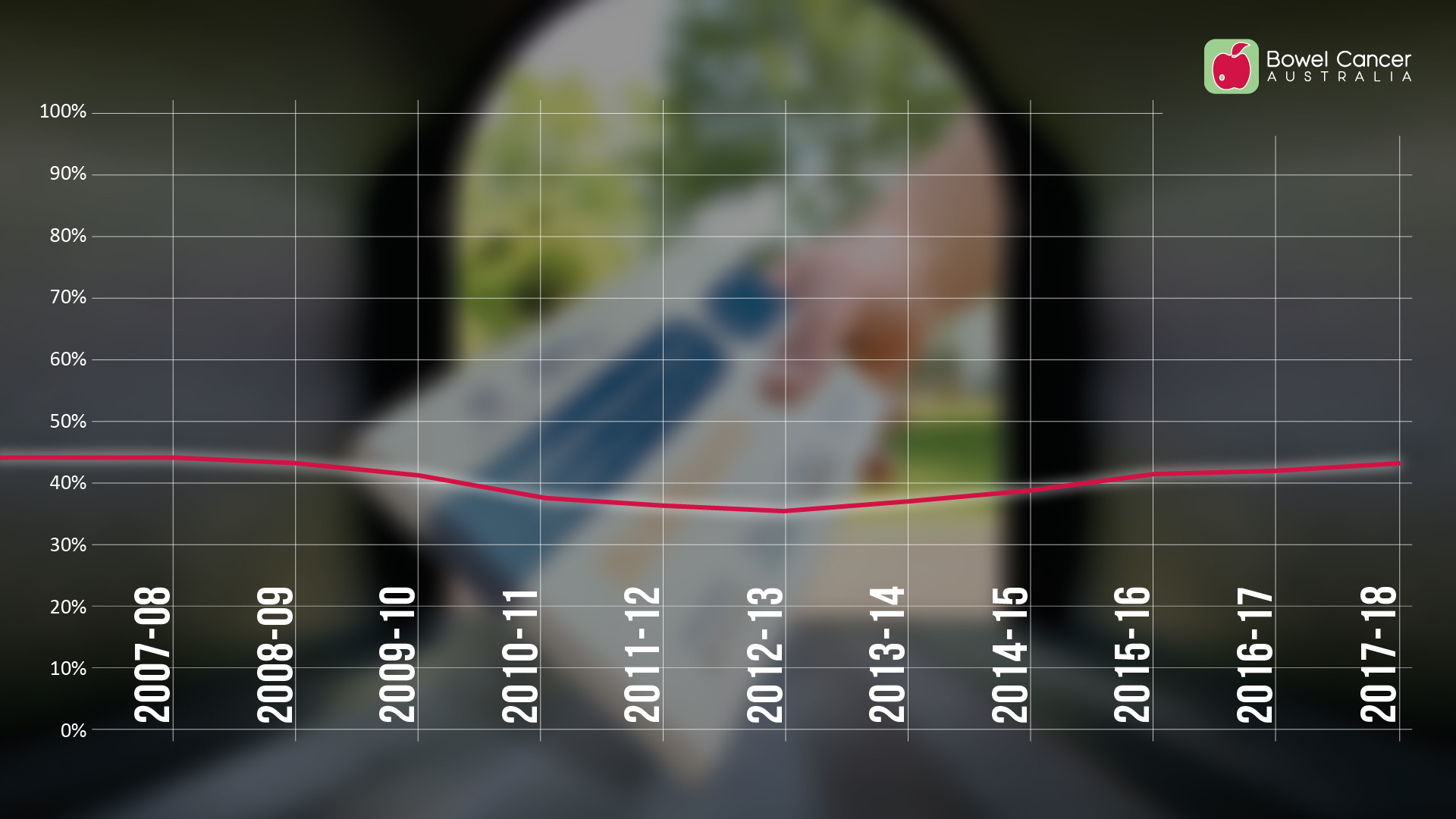Media centre

In recognition of World mCRC Day, Marty has joined Bowel Cancer Australia and our international partners to raise awareness about metastatic colorectal (bowel) cancer.
In mid-December 2019, I was diagnosed with Stage 4 metastatic bowel cancer, at age 42.
It took about 6 weeks to get myself into a frame of mind to deal with it.
- Details
Are you up for the challenge of trying a plant-based menu for seven days this Meat Free Week and raising funds for Bowel Cancer Australia, challenging participants to try a plant-based menu for seven days.
- Details
Dr Zoe Welham developed an interest in bowel cancer while she was working on a complex scientific research project in graduate school.
“The goal was to look at bowel cancer in a holistic way by taking information from genes, microbes and epigenetic data,” Zoe said.
“The goal was to look at bowel cancer in a holistic way by taking information from genes, microbes and epigenetic data,” Zoe said.
- Details
Evidence has long suggested an association between mouth bacteria that enters the bloodstream via bleeding gums and serious infections of the brain, liver, and heart, as well as preterm birth in pregnant women.
The presence of the bacterium, known as ‘fusobacterium nucleatum’, has also been shown to be very high in bowel tumours.
- Details
Bowel cancer remains Australia’s second deadliest cancer and ranks among the top five killers overall of Australians aged 45-74.i
Yet the latest National Bowel Cancer Screening Program (NBCSP) Report released today by the AIHW reveals participation rates continue to hover at 42.4% and colonoscopy wait times for those who receive a positive screen far exceed the ‘desirable’ 30 days.ii
- Details
A new Australian study has found the rates of bowel cancer in people under 50 continue to rise, supporting Bowel Cancer Australia’s Never2Young campaign to lower the screening age from 50 to 45.
Published in the ANZ Journal of Surgery (8 June 2020), the Gold Coast study found growing evidence of increasing rates of bowel cancer in people under age 50 after reviewing 557 patients who received a colonoscopy between 2013 and 2017.
- Details
Visible bowel cancer symptoms are NOT NORMAL. They require prompt investigation to rule out bowel cancer as the underlying cause.
With over 325 new cases and 108 deaths estimated weekly (16,938/5,597 annually - AIHW 2019), during Bowel Cancer Awareness Month this June, Australian’s are reminded that despite the NEW NORMAL, some things remain NOT NORMAL, such as -
- Details
The impact of promotion and advertising campaigns on bowel cancer awareness and screening-uptake is clear when reviewing data released today by the Australian Institute of Health and Welfare (AIHW).
Dating back to 2014, the numbers show more National Bowel Cancer Screening Program (NBCSP) kits are completed in the June and September quarters every year than at any other time, highlighting the important influence Bowel Cancer Awareness Month is having on people’s behaviour.
- Details
Bowel cancer remains Australia’s second deadliest cancer, yet data released today shows people continue to decline the invitation to participate in the National Bowel Cancer Screening Program (NBCSP).
In 2017-18, slightly more than 5 million people aged 50-74 were invited to participate in the NBCSP, but only 2.1 million (42.4%) took up the offer.
- Details


